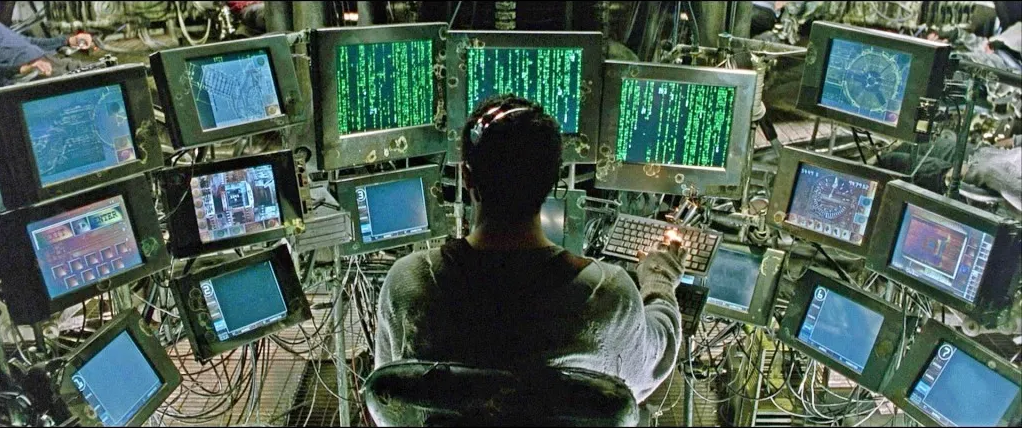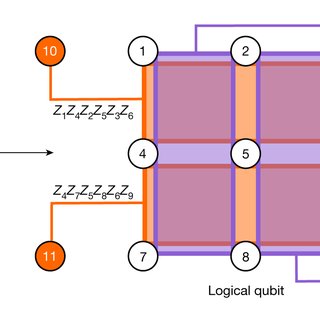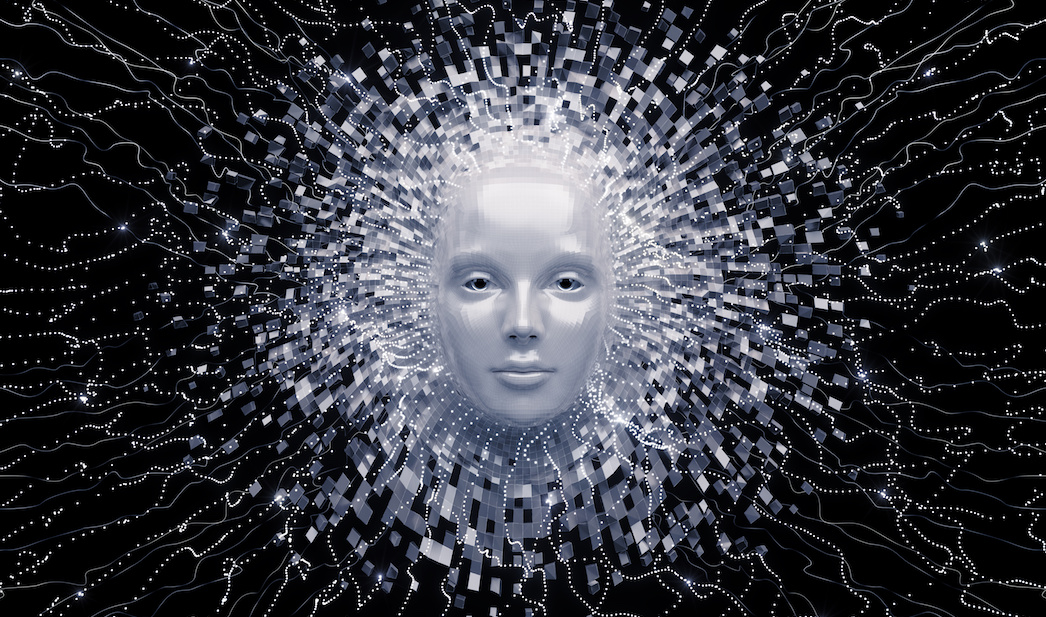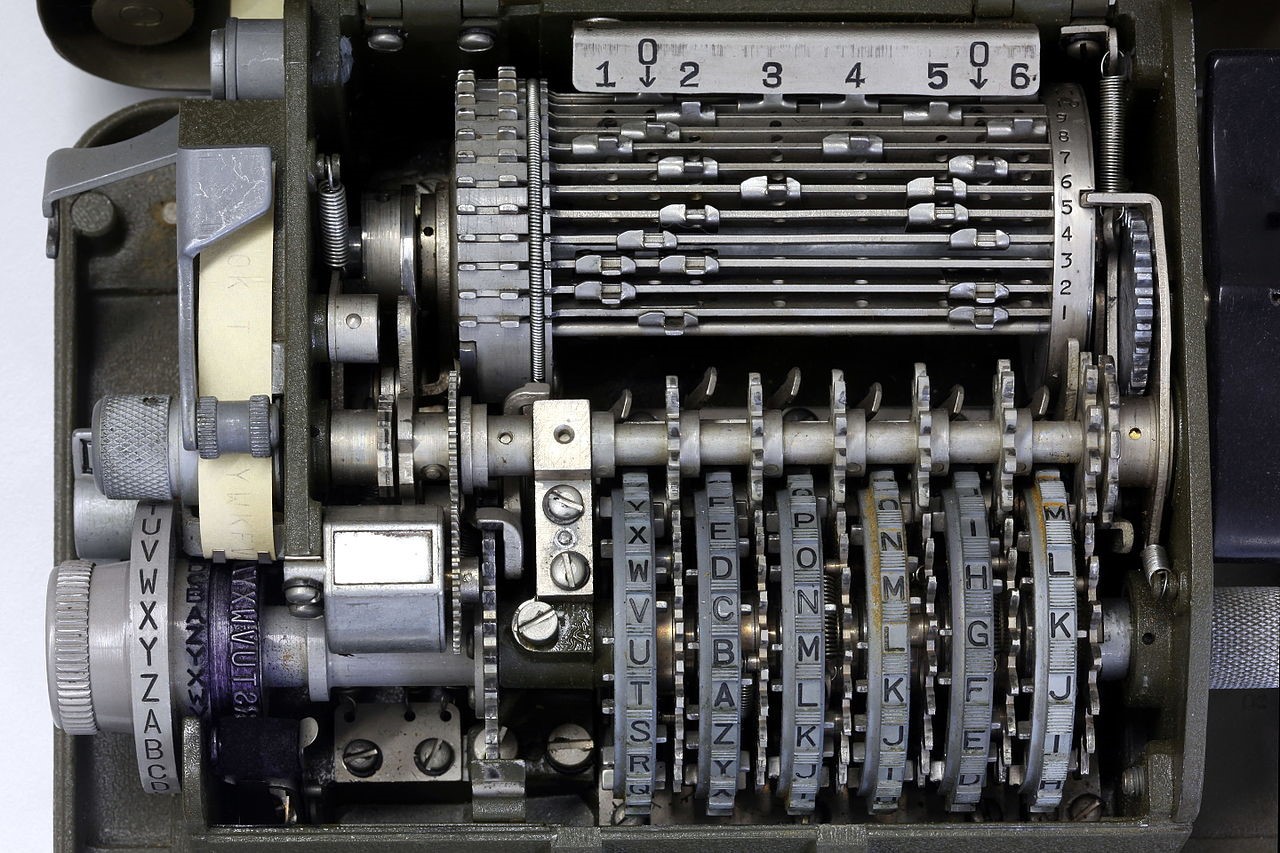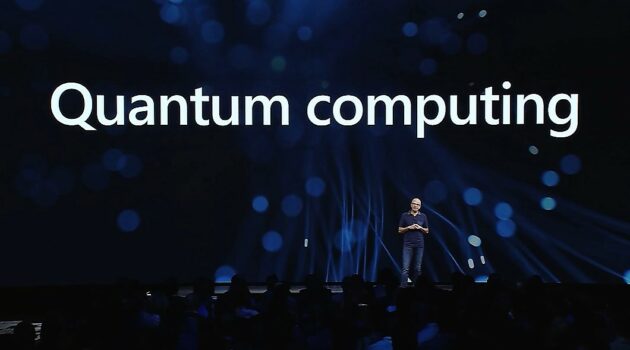This shows the Bacon–Shor subsystem code implemented on a 15-ion chain.
Multiple heads are better than one in real world calculations. Now, a team of University of Maryland-led quantum engineers report that multiple qubits may be better than one when it comes to error-corrections.
In what’s been described as a foundational step toward using quantum computers to tackle practical problems, the team combined nine qubits — a quantum bit — to make a single, improved logical qubit. A logical qubit can be used to probe for mistakes that extremely sensitive quantum computers are subject to, according to the researchers.
In the paper, which was just published in Nature, the team write that “Although fault-tolerant design works in principle, it has not previously been demonstrated in an error-corrected physical system with native noise characteristics. Here we experimentally demonstrate fault-tolerant circuits for the preparation, measurement, rotation and stabilizer measurement of a Bacon–Shor logical qubit using 13 trapped ion qubits.”
Nine of the qubits were termed data qubits and the four remaining are referred to as ancilla — or extra — qubits. The logical qubit was based on a quantum error correction code to easily detect and correct errors and made it to be fault-tolerant, or minimize the negative effects of errors.
“Qubits composed of identical atomic ions are natively very clean by themselves,” said Christopher Monroe, who is a Fellow of the Joint Center for Quantum Information and Computer Science and a College Park Professor in the Department of Physics at the University of Maryland in a university news release. “However, at some point, when many qubits and operations are required, errors must be reduced further, and it is simpler to add more qubits and encode information differently. The beauty of error correction codes for atomic ions is they can be very efficient and can be flexibly switched on through software controls.”

